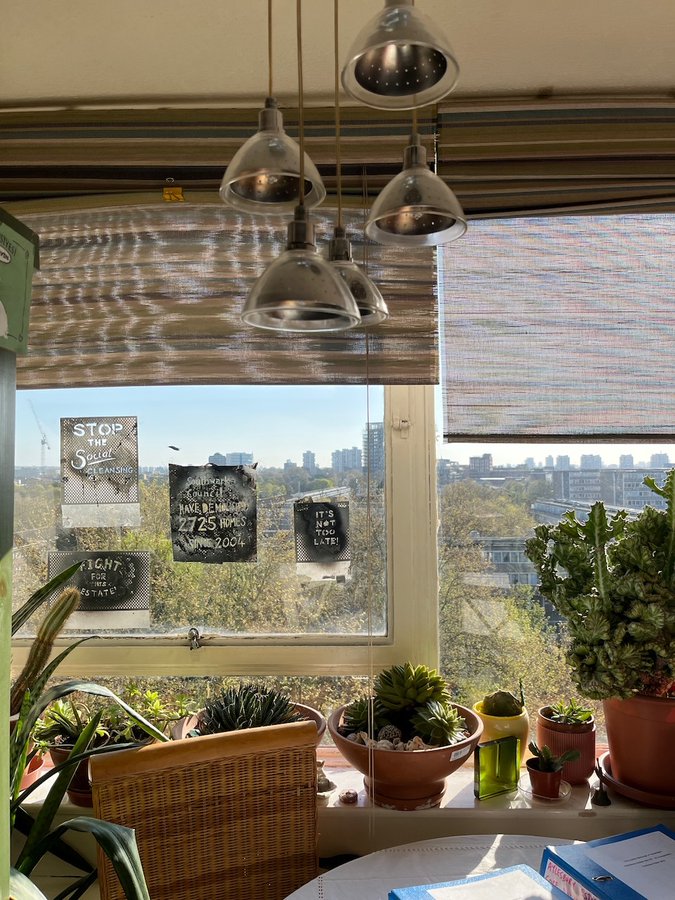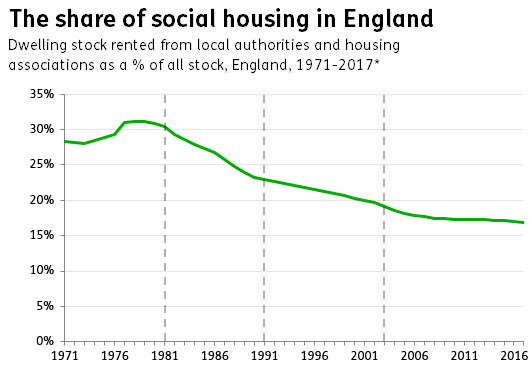Today's #MuncipalistMonday profiles Catalonia's @cupnacional, aka La CUP. This is an anti-capitalist assembly based movement with municipalism at its core.
Good luck to CUP candidates running in 28 May municipal elections across Catalonia!
#EleccionsMunicipals #28M
Good luck to CUP candidates running in 28 May municipal elections across Catalonia!
#EleccionsMunicipals #28M

Beyond Catalonia, CUP is most well-known as the anti-capitalist party demanding Catalonia ruptures from Spain, frequently holding the balance of power in the Catalan parliament. However, CUP's municipalist core is less discussed abroad.
cup.cat/que-es-la-cup/
cup.cat/que-es-la-cup/
Forming 1987, CUP drew together anti-Francoist energies forming around participative democracy, feminism, anti-authoritarianism & liberation. It didn't stand in Catalan elections until 2012: these decisions were made by consensus through its confederal system.
CUP's website says: “The local assembly is the fundamental body of the CUP. Its purpose is to develop and influence local and national politics. It is made up of activists and collaborators who defend the CUP alternative from the local level, while recognizing local autonomy.” 

“The party’s internal code prevents the professionalisation of MPs [and municipal politicians] as they can’t run for more than one term in the Catalan parliament – or a maximum of two terms in local municipalities.”
newint.org/features/web-e…
From @newint by @almotuit
newint.org/features/web-e…
From @newint by @almotuit
In this confederated, decentralised system, local assemblies send representatives to territorial and national organisational structures.
Municipalist successes for the movement include CUP councillors in Terrassa, being at the forefront of water remunicipalisation. Plus, the CUP municipal government in the small town of Celrà increased elderly care provision, and provisions for carers.
fearlesscities.com/sites/default/…
fearlesscities.com/sites/default/…
With control of Berga, the CUP invested in the Old Quarter for the neighbours, not property speculators; increased renewables: and improved the municipal theatre. Also, the municipality was at the core of a movement to denounce a homophobic bishop.
berga.cup.cat/noticia/la-cup…
berga.cup.cat/noticia/la-cup…

Looking forward to the 28M municipal elections, the CUP says municipalities are "full of people who fight" for the management and ownership of water; they are resisting the privatisation of healthcare and advocating for more investment in public transport.
cup.cat/la-cup-reivind…
cup.cat/la-cup-reivind…
• • •
Missing some Tweet in this thread? You can try to
force a refresh

























